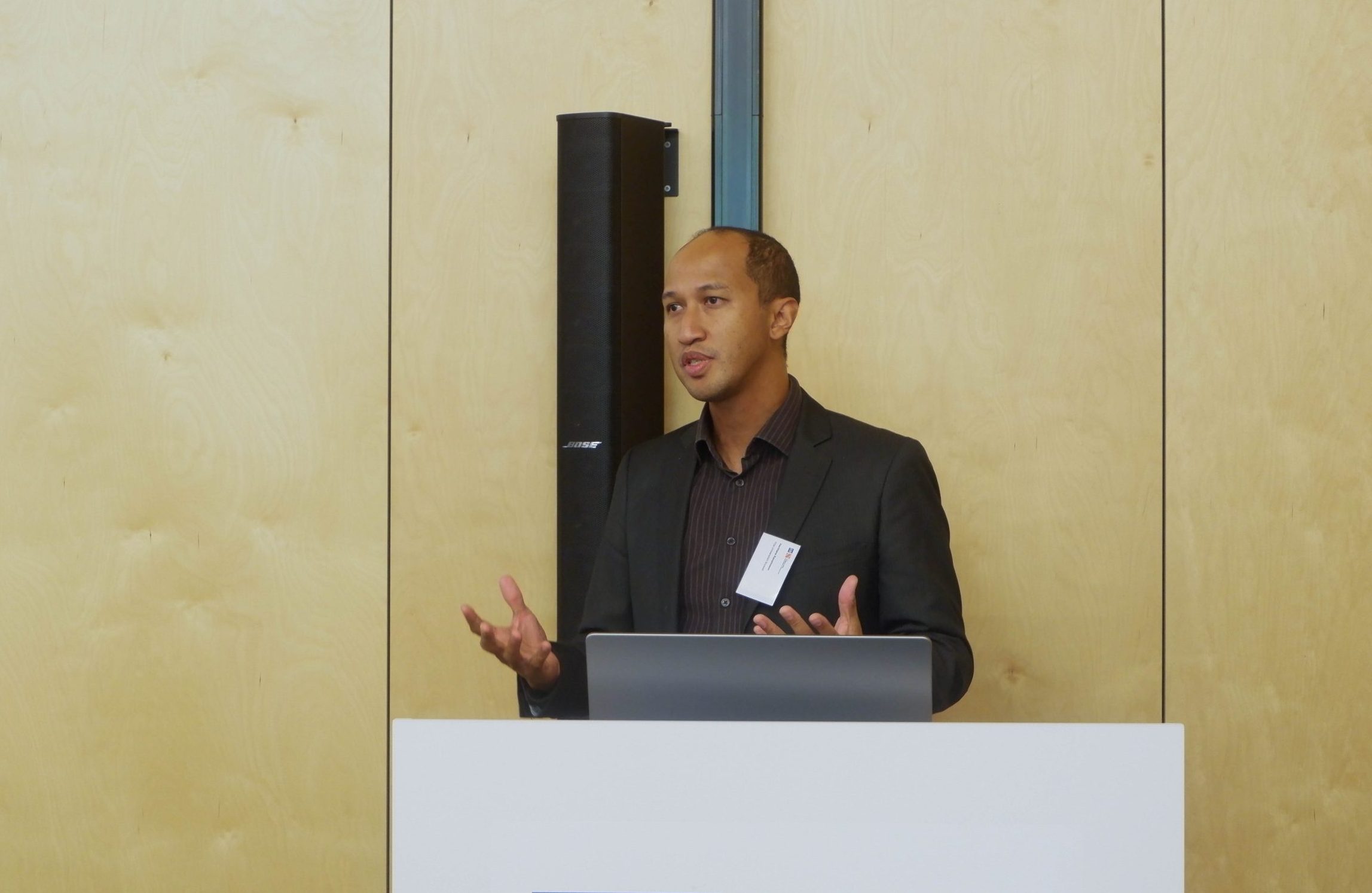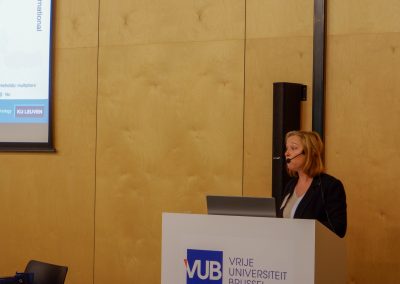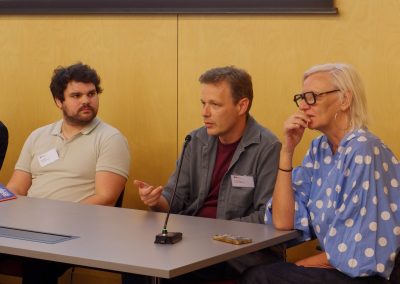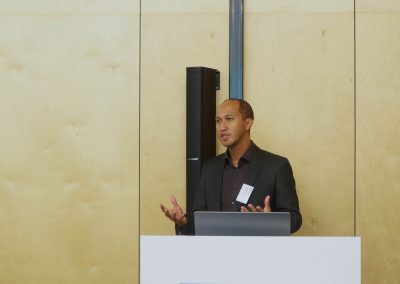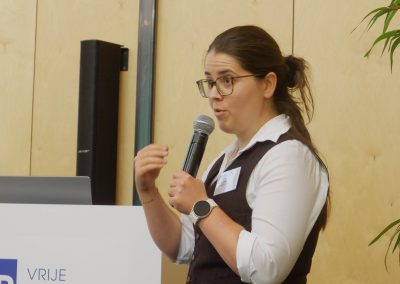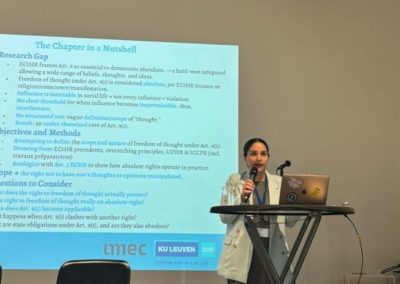Several researchers involved in ALGEPI took part in the ECREA-CLP workshop that took place from September 17 to 19 at the Vrije Universiteit Brussel. ECREA-CLP is the section of the European Communication Research and Education Association that deals with Communications Law and Policy.
Adelaida Afilipoaie (imec-SMIT, Vrije Universiteit Brussel) and Heritiana Ranaivoson (imec-SMIT, Vrije Universiteit Brussel) were part of the organising team led by Tim Raats (imec-SMIT, Vrije Universiteit Brussel), vice-chair of ECREA-CLP. Heritiana and Adelaida also presented current research for a study on discoverability on European content online.
In her opening keynote, Peggy Valcke (Centre for IT & IP Law, KU Leuven) provided an overview of EU policy discussions and initiatives around media concentration and media pluralism, which led to the adoption in 2022 of the European Media Freedom Act (EMFA). Her colleague Aleksandra Kuczerawy (Centre for IT & IP Law, KU Leuven) made a presentation on “Must-carry”, Special Treatment and Freedom of Expression on Online Platforms: A European Story”.
Hilde Van den Bulck (Drexel University and AMSoC, University of Antwerp) and Steve Paulussen (AMSoC, University of Antwerp) talked about “Fifteen Years of Audience Consultations About Public Service Media in a Media Ecology Caught in Rapid Digitalization Cycles: The Case of Flemings and “Their” VRT” in a panel led by Manuel Puppis (DCM, University of Fribourg), while Manuel’s presentation, notably coauthored by Michelle Kulig (DCM, University of Fribourg), dealt with “Selecting the Regulators: A Comparative Study on Digital Services Coordinators in EU and EEA countries” and took place in a panel led by Hilde.
As reflected by this notable presence, the Workshop touched upon several key topics for ALGEPI. Some Regulations and Directives that were discussed (EMFA, Digital Services Act, etc.), are key in media industries and professionals’ legal context. The exchanges also revolved around normative concepts at the core of our research such as pluralism, transparency, or epistemic rights, reaffirming the role epistemic welfare can play to integrate current normative debates.

